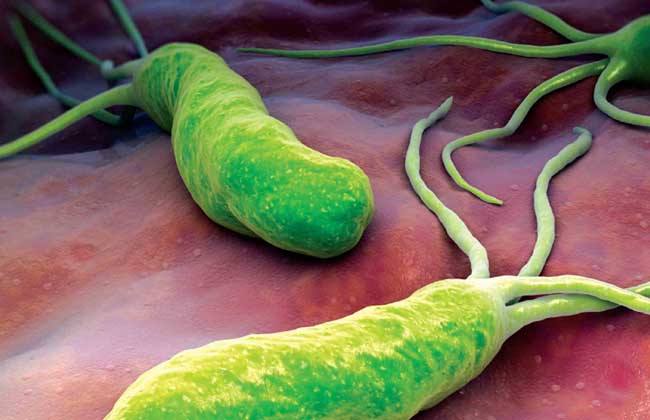(单词翻译:单击)
Soon one of these new strains, called Methicillin-Resistant Staphylococcus Aureus, began to show up in hospitals. Only one type of antibiotic, vancomycin, remained effective against it, but in 1997 a hospital in Tokyo reported the appearance of a strain that could resist even that. Within months it had spread to six other Japanese hospitals. All over, the microbes are beginning to win the war again: in U.S. hospitals alone, some fourteen thousand people a year die from infections they pick up there. As James Surowiecki has noted, given a choice between developing antibiotics that people will take every day for two weeks or antidepressants that people will take every day forever, drug companies not surprisingly opt for the latter. Although a few antibiotics have been toughened up a bit, the pharmaceutical industry hasn't given us an entirely new antibiotic since the 1970s.
过不多久,一种名叫抗甲氧苯青霉素葡萄球菌的新品种葡萄球菌开始在医院里出现。只有一种抗生素:万古霉素,用来对付它还有效果。但1997年东京有一家医院报告说,葡萄球菌出现了一个新品种,对那种药也有抗药性。不出几个月,那种葡萄球菌已经传播到6家别的日本医院。在世界各地,微生物又开始赢得了这场战争的胜利:光在美国的医院里,每年大约有14000人死于当地感染的传染病。詹姆斯·苏罗威基在《纽约客》杂志的一篇文章里指出,要是让制药公司在研制每天都服、连服两周的抗生素和永远每天都服的抗抑郁药之间作出选择,制药公司会选择后者,这是不足为怪的。虽然有几种抗生素被强化了一点,但自20世纪70年代以来,制药工业还没有向我们提供过一种全新的抗生素。
Our carelessness is all the more alarming since the discovery that many other ailments may be bacterial in origin. The process of discovery began in 1983 when Barry Marshall, a doctor in Perth, Western Australia, found that many stomach cancers and most stomach ulcers are caused by a bacterium called Helicobacter pylori. Even though his findings were easily tested, the notion was so radical that more than a decade would pass before they were generally accepted. America's National Institutes of Health, for instance, didn't officially endorse the idea until 1994. "Hundreds, even thousands of people must have died from ulcers who wouldn't have," Marshall told a reporter from Forbes in 1999.
我们发现,许多别的疾病很可能是由细菌引起的,因此我们的马虎草率态度更是显得令人吃惊。这个发现过程始于1983年。当时,西澳大利亚州珀斯的巴里·马歇尔医生发现,许多胃癌和大多数胃溃疡为一种名叫幽门螺旋杆菌的细菌所致。虽然他的发现结果很容易得到鉴定,但那种观点如此激进,过了10多年才被大家接受。例如,美国国家卫生研究所到了1994年才正式接受那种看法。“成千甚至成万的人可能死于溃疡,而他们本来是不会死的。”马歇尔1999年对《福布斯》杂志的一名记者说。


